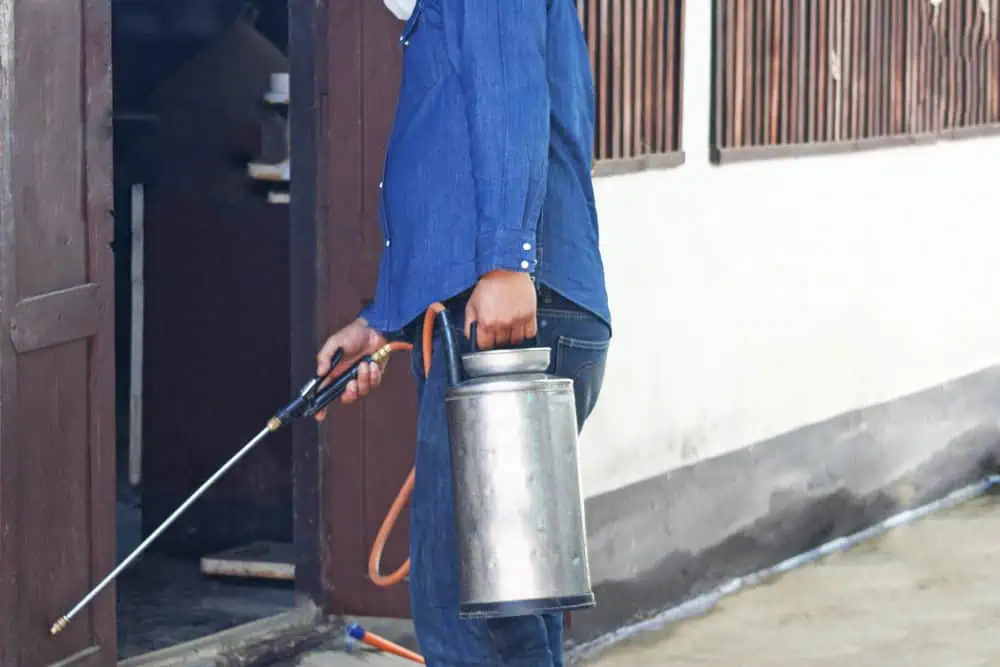Complete termite elimination and prevention that actually protects your property investment long-term.

Hear from Our Customers

You sleep better knowing your home is protected. No more wondering if those small wood shavings mean trouble, or if that soft spot in your floor is getting worse.
Effective termite treatment means your property value stays intact. You’re not dealing with surprise structural repairs or explaining termite damage to potential buyers down the road.
The right approach eliminates current infestations completely while preventing new ones. You get a home that’s genuinely protected, not just temporarily treated.
86 Pest and Wildlife Removal has been protecting Charleston East homes from termite damage for years. We understand how New Jersey’s climate and housing conditions create perfect environments for both subterranean and drywood termites.
We focus on thorough detection and complete elimination rather than quick fixes. We’ve seen too many homeowners deal with recurring problems because the initial treatment wasn’t comprehensive enough.

First, we conduct a comprehensive inspection of your property. This means checking all the areas termites typically target – foundation areas, crawl spaces, wooden structures, and moisture-prone zones around your home.
Next, we identify the specific termite species and extent of infestation. Different termites require different approaches, and we tailor the treatment accordingly rather than using a one-size-fits-all method.
Treatment involves targeted elimination of existing colonies and protective barriers to prevent future infestations. We explain exactly what we’re doing and why, so you understand how your home is being protected.

Ready to get started?
You get thorough property inspection covering all vulnerable areas where termites typically establish colonies. We check foundation perimeters, wooden structures, moisture sources, and entry points most homeowners miss.
Treatment includes elimination of active infestations and protective measures for long-term prevention. We address both the immediate problem and underlying conditions that attract termites to your property.
Follow-up monitoring ensures the treatment worked and catches any new activity early. Charleston East’s humid climate means ongoing vigilance, and we provide the expertise to keep your home protected year-round.
